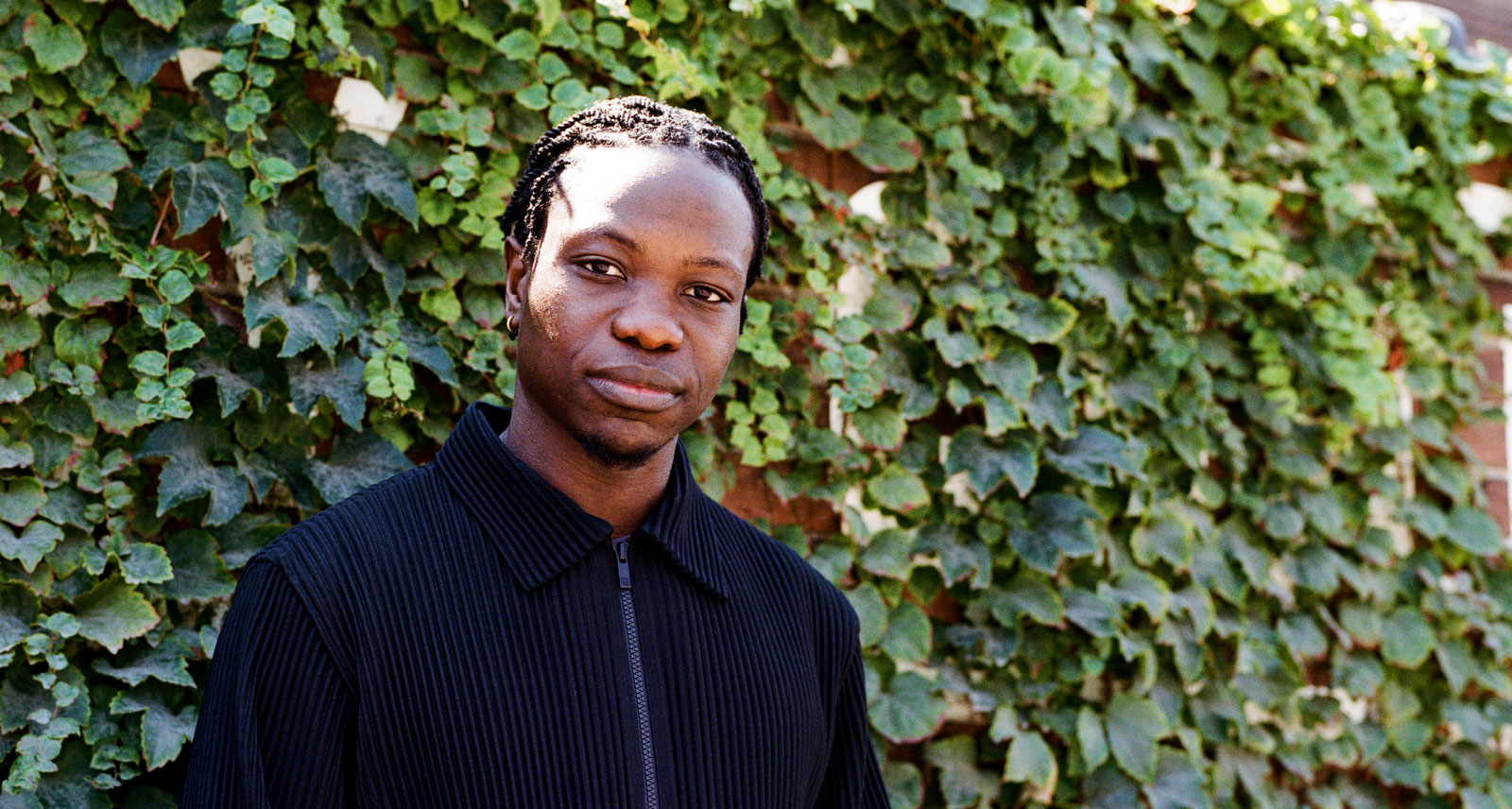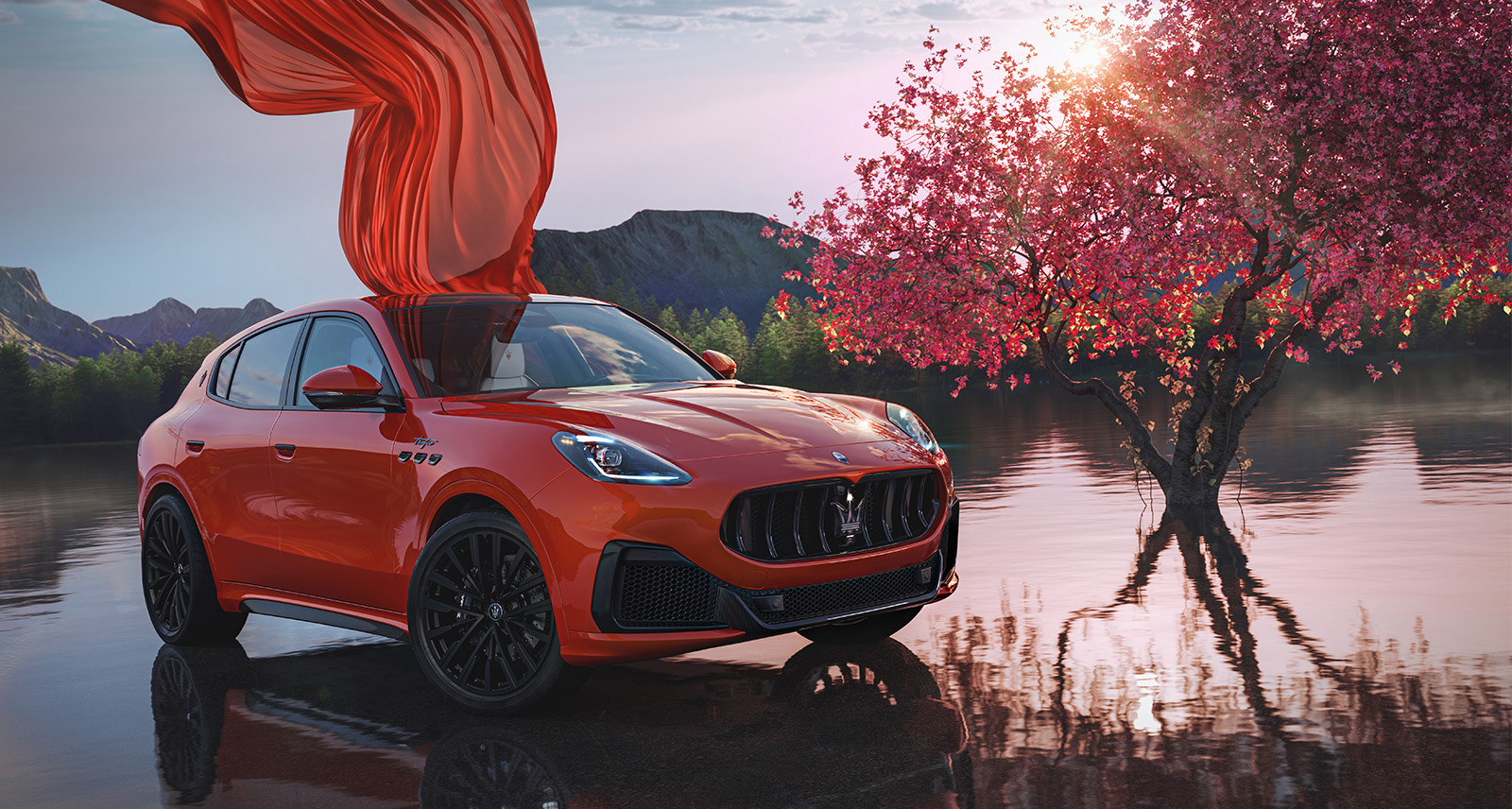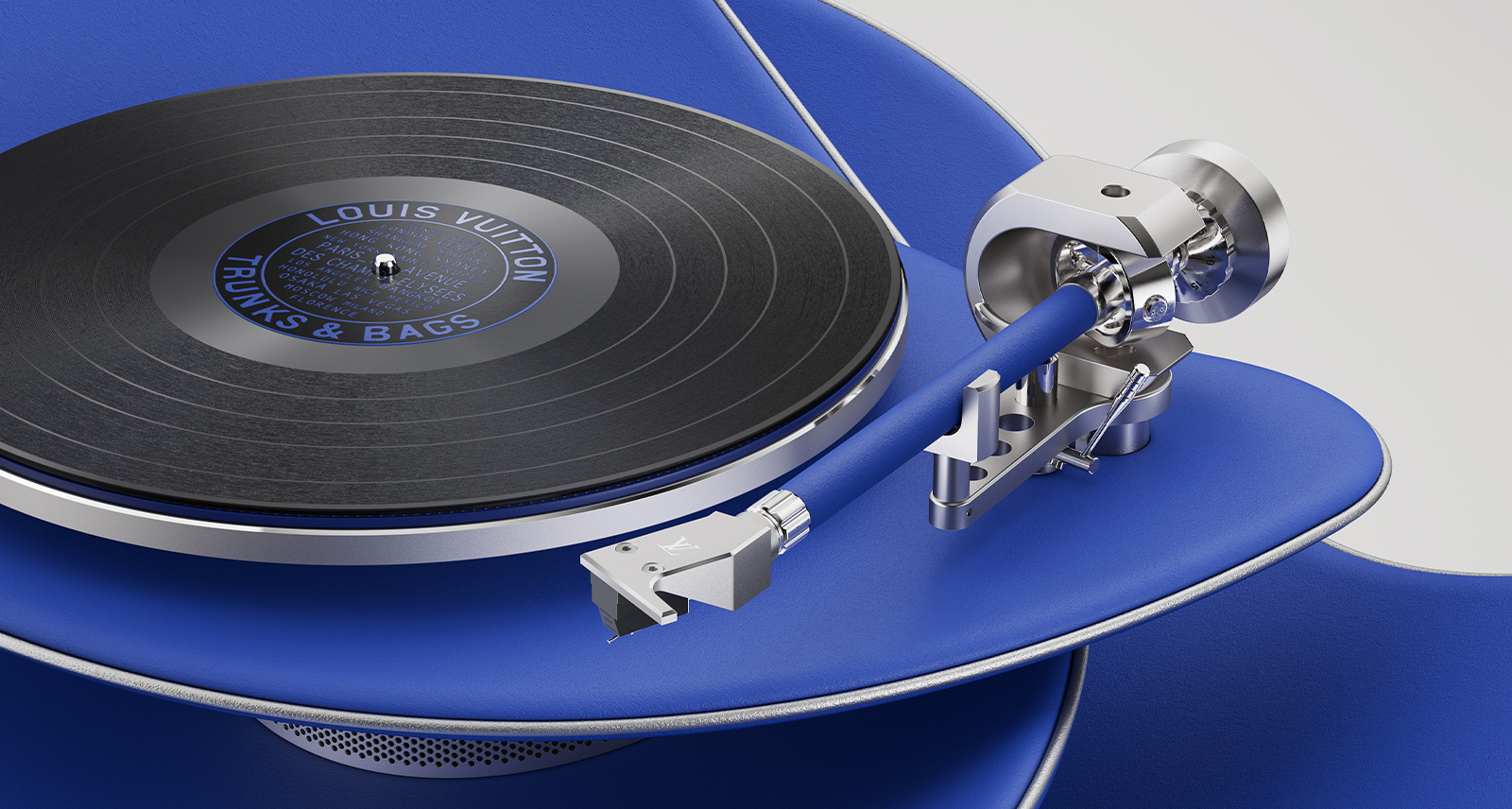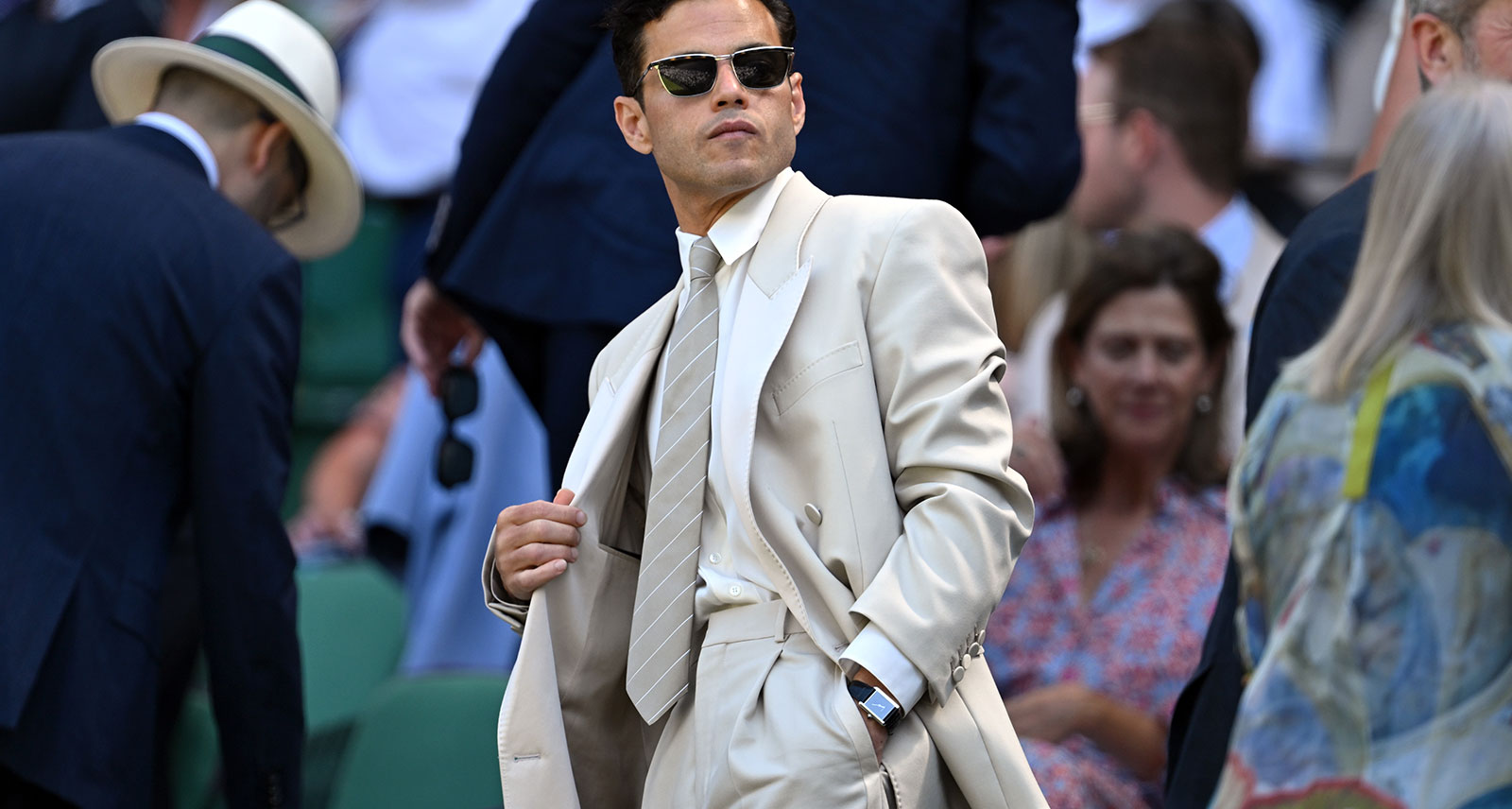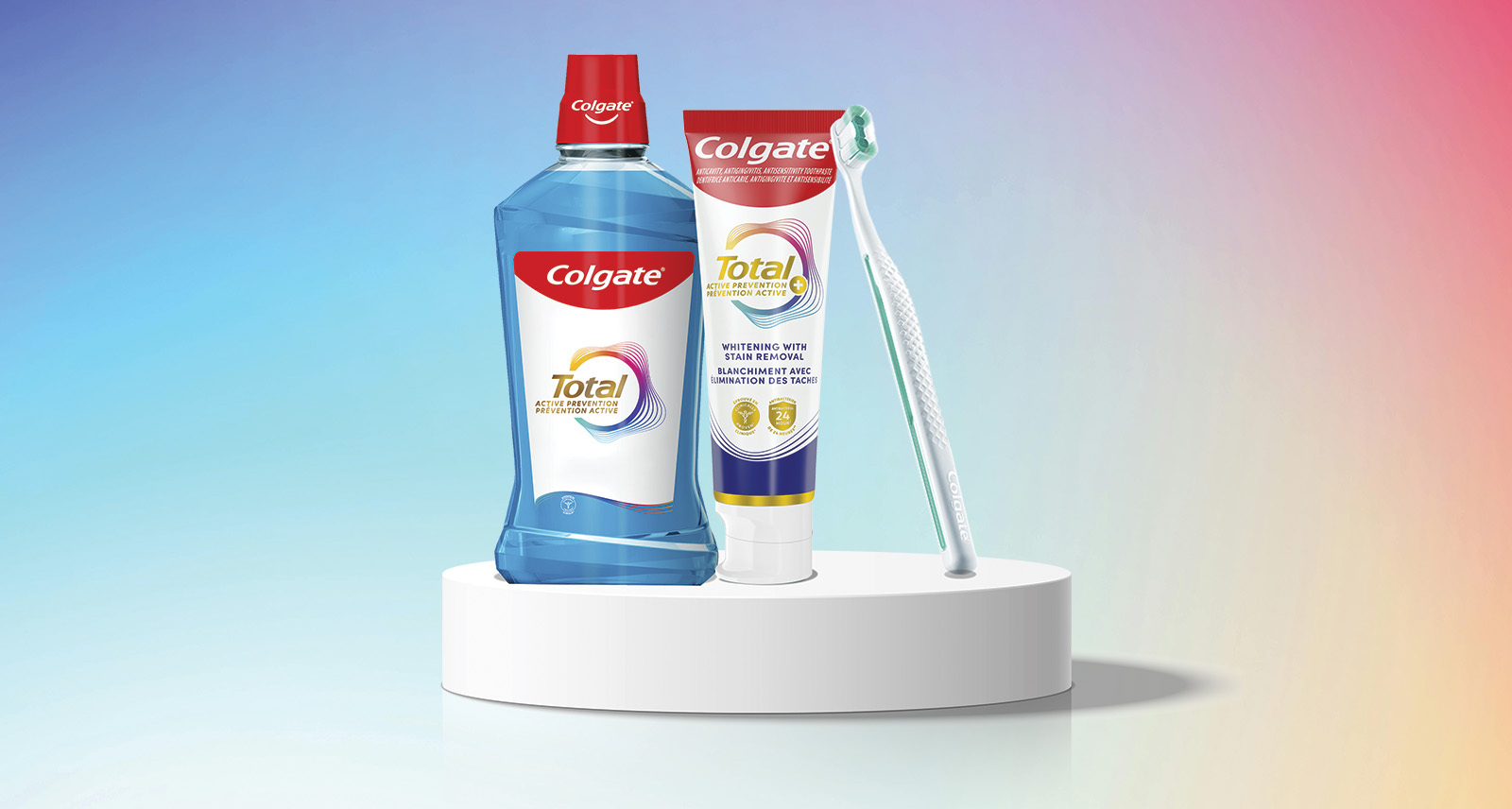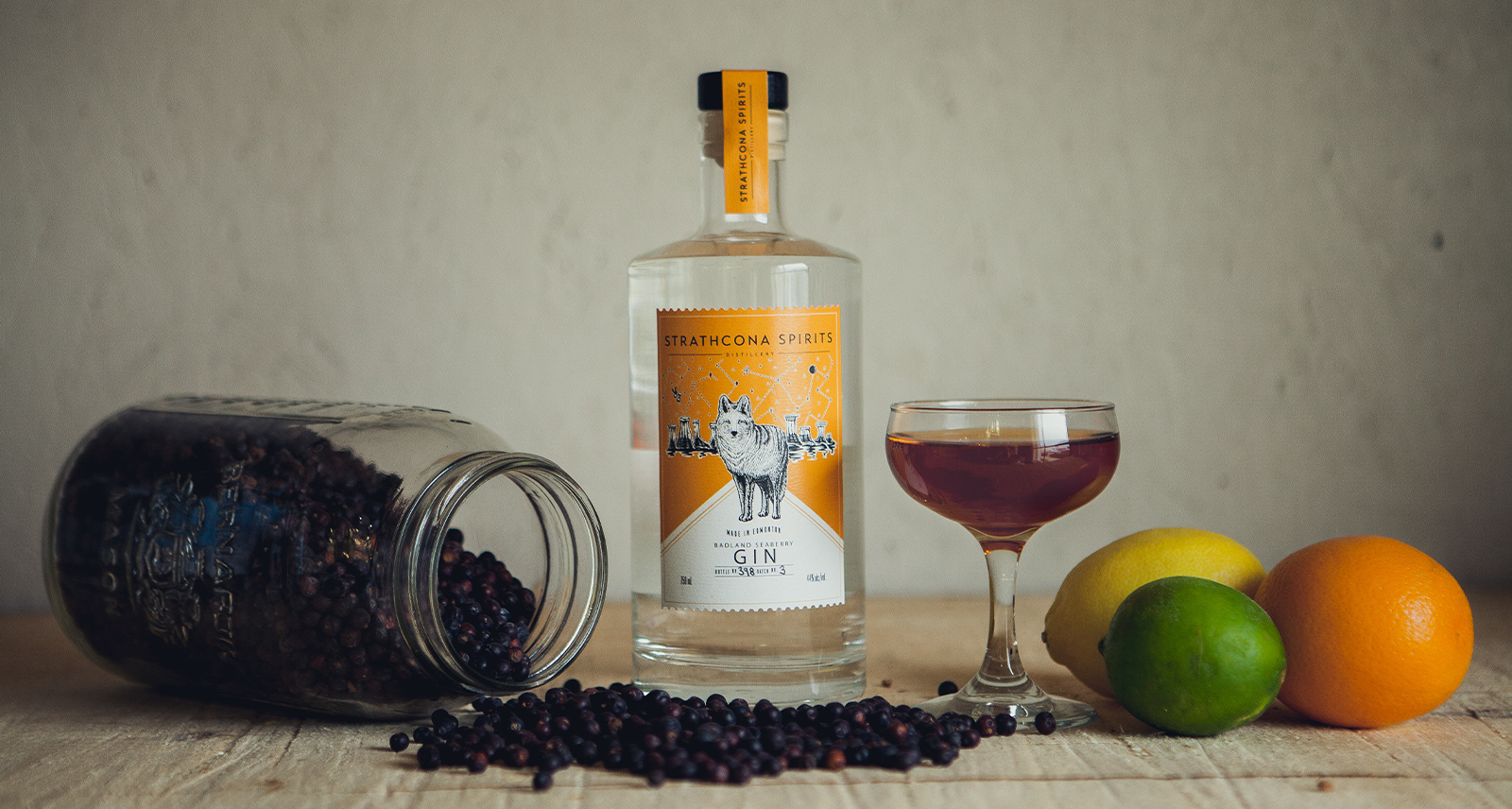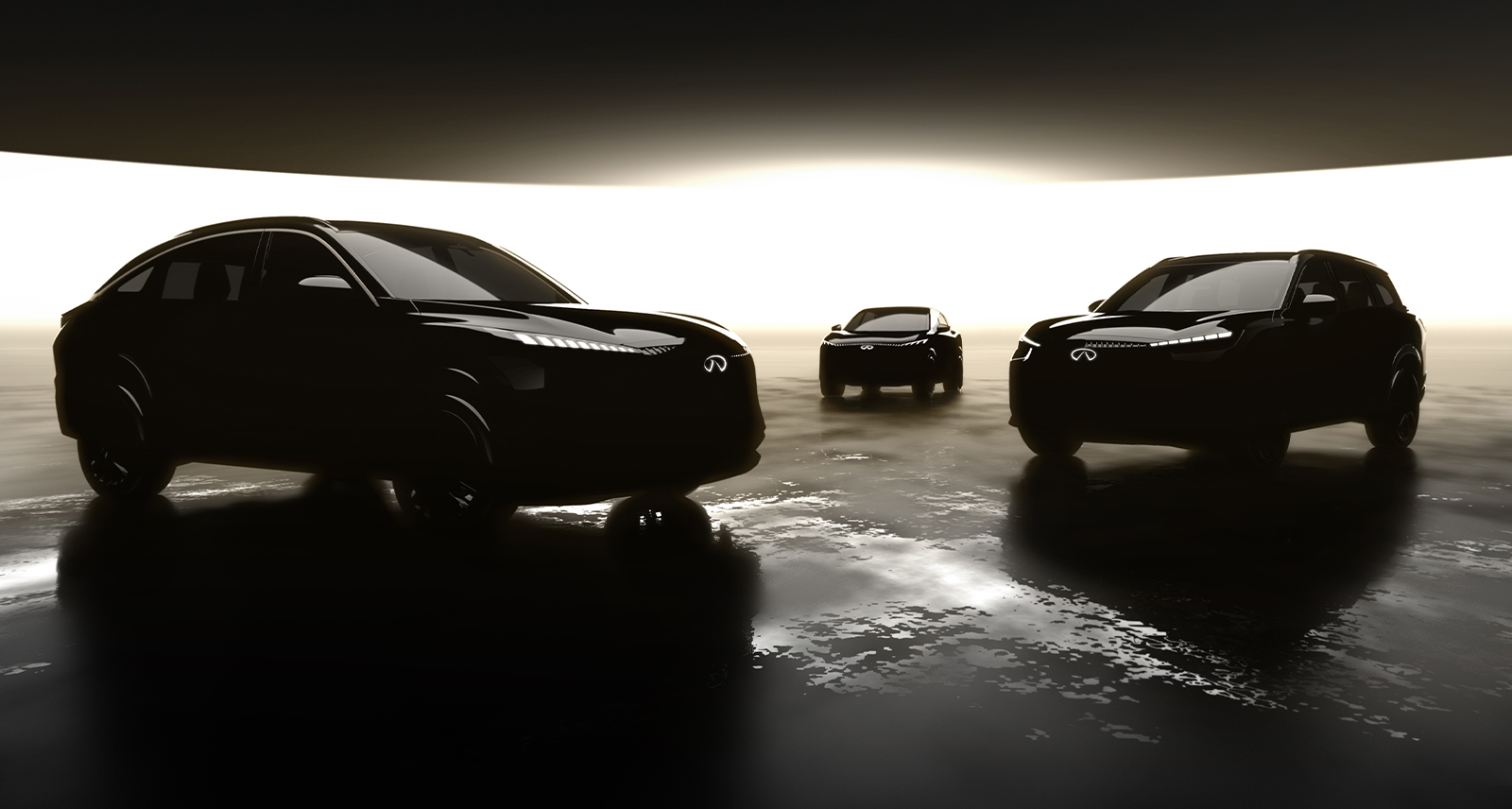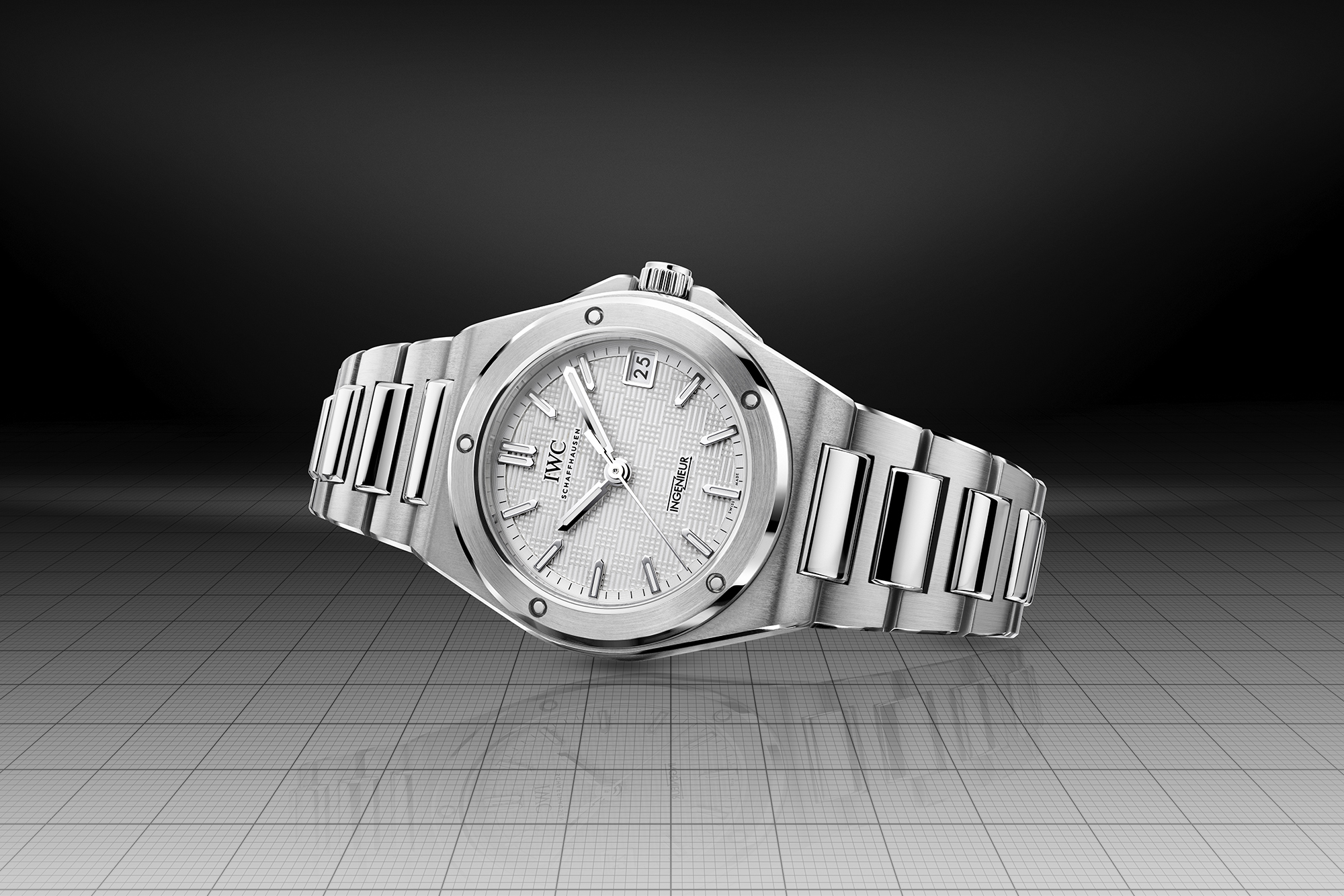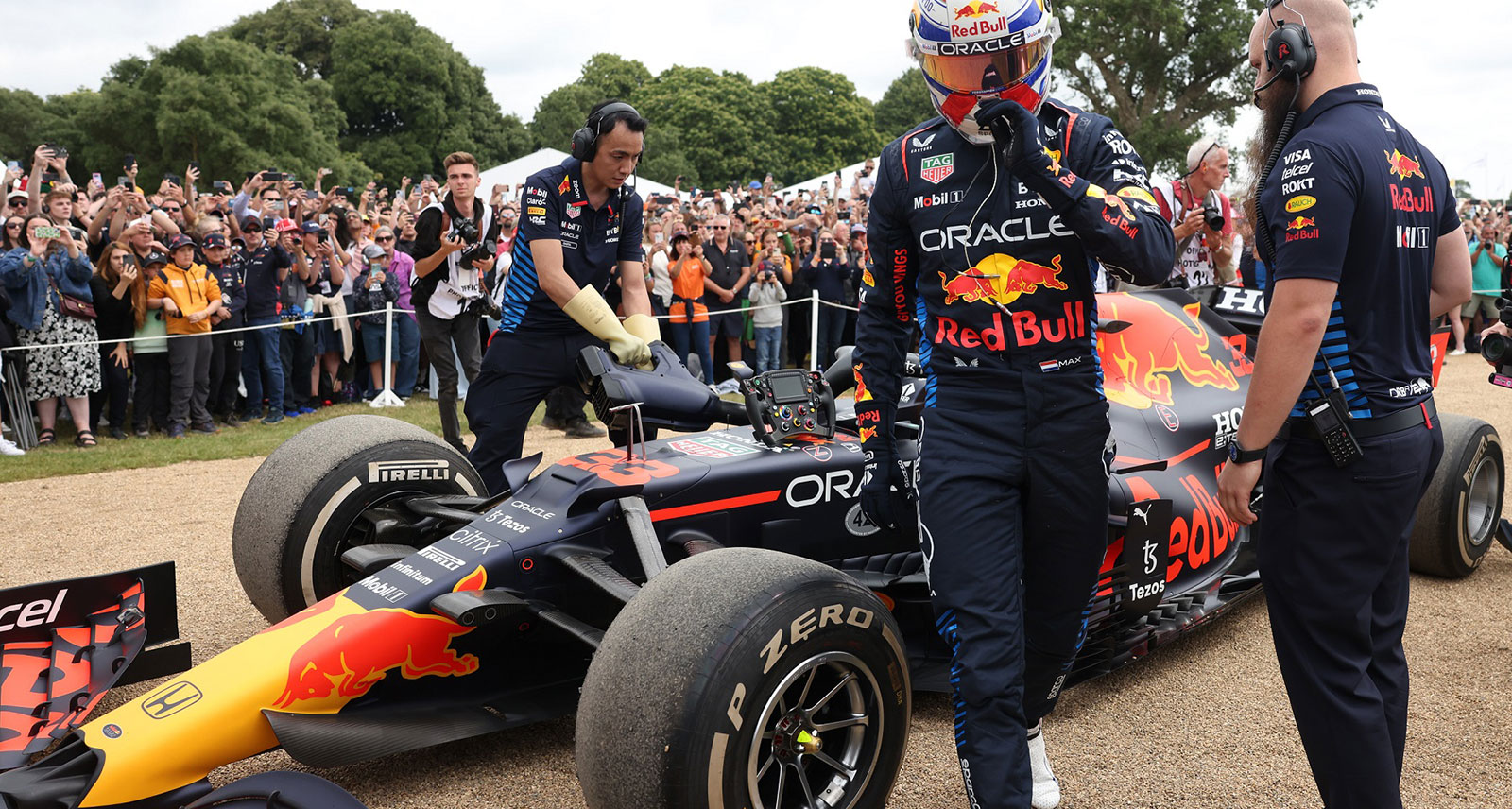Elie Kimbembe on Working With Celebrity, and the Power of Photography
Almost a decade into his professional career, Elie Kimbembe is still enchanted by the power of photography. “We consume so much media,” he reasons. “And, because we have the technology right in our palms, we often take for granted that we’re able to capture something timeless on a device. It’s a little bit magical.”
Kimbembe’s portfolio is impressive. It includes such illustrious subjects as Drake, The Weeknd, Christian Bale, and, most recently, Formula One virtuoso Sir Lewis Hamilton. They’re big names, but each is captured with the familiar gaze of an old friend. “Whether I’m working with my best friend’s little brother, or Kylian Mbappé, or Selena Gomez, it’s about being able to create a personal connection with the subject,” he explains. “Sometimes it’s given, but not always. With my friend’s little brother, it’s given. With others, maybe not.”
“If I photograph a tree during winter, no matter what happens, I’ve captured a moment that’s not changing. Even if the tree gets old, or cut down to make another condo, the moment is forever there. It once existed. There’s something beautiful about that.”
Elie Kimbembe
Kimbembe places great importance on being present in and attuned to every moment, and it’s this combination of intimacy and immediacy that helps to distinguish his photographs in a world oversaturated with images. “Life to me is like a film strip,” the photographer says. “This conversation that we’re having; we’re having it right now, we’re gonna have it again, and we’ll always have it.” Others perceive photographs as a celluloid solution to the fleeting nature of life. Kimbembe sees it as proof of time’s permanence.
“If I photograph a tree during winter, no matter what happens, I’ve captured a moment that’s not changing. Even if the tree gets old, or cut down to make another condo, the moment is forever there. It once existed. There’s something beautiful about that.” Here, Kimbembe talks through his latest projects, his mother’s influence, and how to find intimacy in the industry machine.
Has your recent work in F1 changed your process?
Working in F1 has been very cool, very challenging, very tiring, and very busy. But I would say, for me, it’s the same experience overall. It’s documentation. I don’t have a different approach to it because it’s more personal than that. Ultimately, it’s me and the way I want to see things. Obviously, when it comes to photography on set, you have more control. In this world you really don’t have any control at all. It’s just a machine that’s always moving. So it’s just understanding how and where to document people within this giant machine.
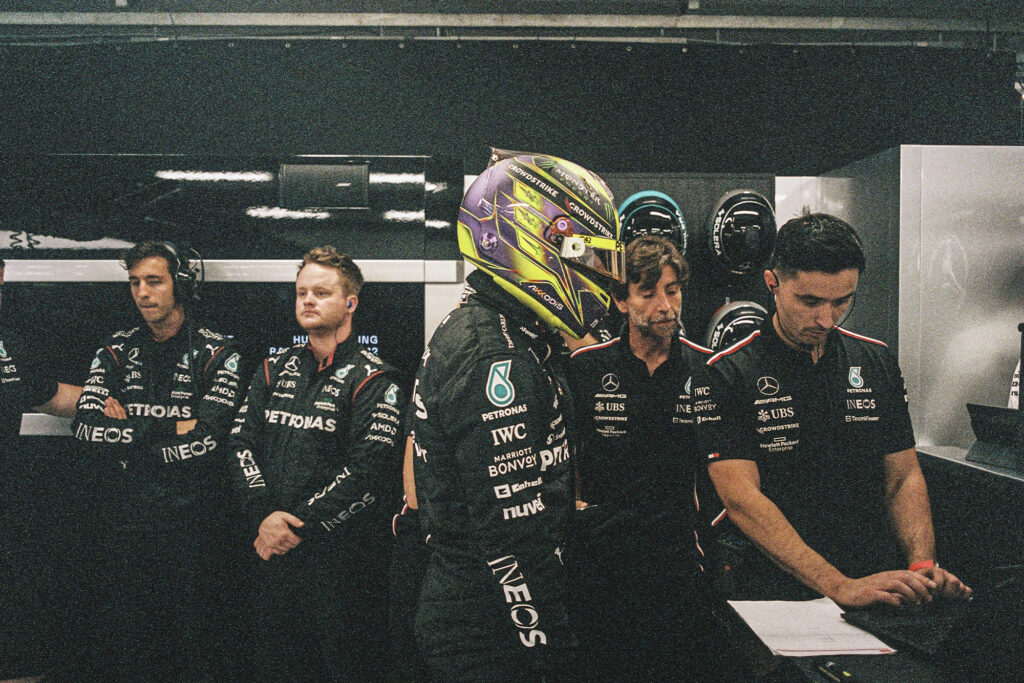
Can that make it difficult to preserve the intimate quality that typifies your work?
Being as genuine as possible helps the individual you’re working with understand what you’re trying to create — especially if you have some time to talk about the vision. It builds a relationship that becomes personal and serves to shape the photos. It’s about creating a visual trust so that the model or client has confidence that your work will be in the best interests of their image. It also creates a feeling in the photos as if you knew them more personally. It’s weird, but that method is basically the same with anyone you photograph. Some people know what they want, whether it’s a model or an A-lister, and they can just give that to you right away. As a photographer, it’s like receiving a database of information— about how they want to be seen, how they want to pose, how they want to look.
You flew to Lagos last year to shoot the cast of Black Panther: Wakanda Forever. How was that experience?
I actually shot on set for the first Black Panther. That was my second collaboration on set with Disney, after Rogue One: A Star Wars Story. But, because they shot Wakanda Forever during COVID, I wasn’t able to be there. So they brought me back for the premiere. It was really nice to see Disney bringing the premiere to Africa, because you don’t see that very often; big Hollywood movies premiering on the continent of Africa. And not just the continent but Lagos, you know? It was a nice experience to see that Hollywood can bring stuff to Africa in a proper way, and that it doesn’t always have to be in America. In terms of the cast, they were so busy because they were doing a world tour. As a result, I probably only had 10 minutes with them, but it was nice to set up and get that time to shoot as much as I could. We got some Polaroids and some photos. They’re really nice, lovely, welcoming people. And then I was right back home. It felt really weird, like: “Wow, I was just in Africa for two days, and now I’m back in America, in Dallas, like nothing happened.”
What was it like to be there, if only for a short period?
I would say it was refreshing. It felt good. But it also felt sad, because my parents are in Africa, and because I was on a work trip I wasn’t able to see them. It’s weird when there’s family right next door but you can’t see them. It was the same time zone, but probably about four hours away because Africa is so huge. But it was great to be there. There was a young photographer from Lagos who drove to get me lights and we shot the photos together. It felt like one of the most amazing things I’ve done. It was also nice, as a Congolese person, to get the chance to experience Nigerian culture. Because Africans don’t always visit other places in Africa. They grow up in their town, in their country, and then maybe leave to go to, say, India, or China, or the Western world. But they don’t always get the chance to visit other places on the continent. So it was cool to see Lagos as a city, and it was really inspiring to see both how similar we are culturally, but also how different.
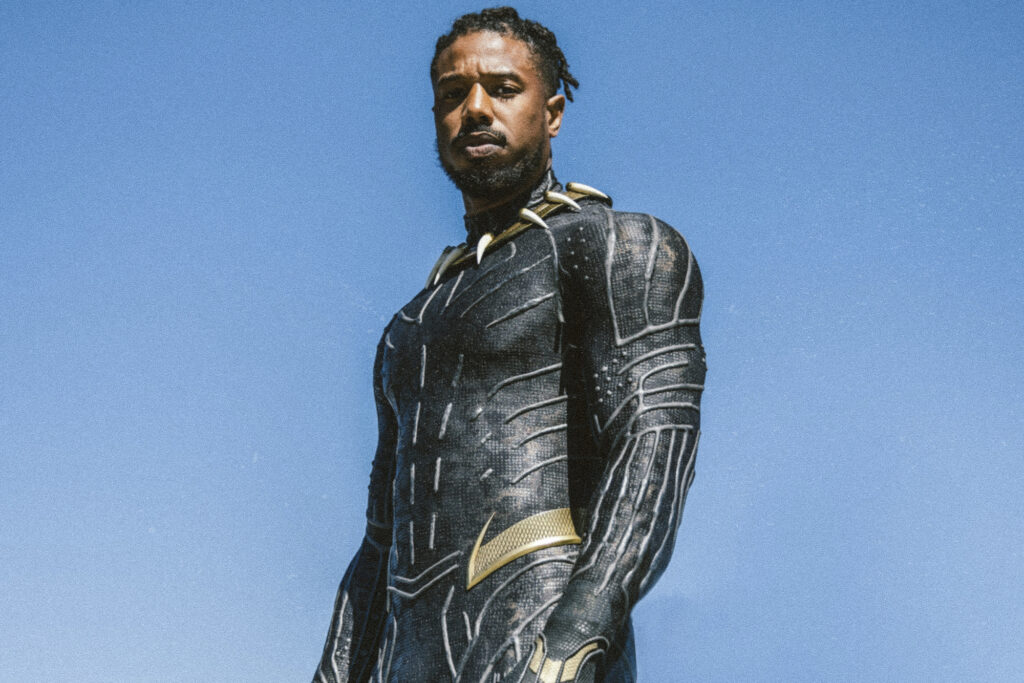
What’s up next for you? Any interesting projects?
I would say just refocusing on myself. I want to take the time to be more present in my relationship, with my family, and with myself. I’m 29, heading into my 30s, so it’s really a year of reflection and thinking about what worked and didn’t work in my 20s. I felt really good about the experience that I had with Lewis [Hamilton], and I want to be in a place where I can recreate that. I love the motorsport world. I think I’m in my motorsport era — I just want to indulge it and understand it. But, by next year, I would love to do another art show, open a consultation agency, and work on a project called Mothers.
Can you tell us a little more about Mothers?
I would say that, a lot of the time, mothers are for others. They take care of other people, and they can be mothers to people other than just their own kids. Women have always nurtured the world, and this project is meant to highlight that.
The original idea was just pairing people I know with their moms. For example, a Canadian artist such as Daniel Caesar, but photographed with his mom. The concept behind it is that you’re the most vulnerable around your mother. When I talk to a client, I don’t talk in the same way that I do with my mom. When you present yourself in front of your mother, there’s no sense of barriers, you know? They just know you for who you are, especially if you have a good relationship.
“Anybody could take on this project, you know? It’s something that would live forever.”
Elie Kimbembe
On top of that, “Mothers” is the name of the consultation agency that I want to create. It’s going to be very playful. A consultation agency, but also a gift shop — a place where I can drop books and anything else that’s different from the work I’m currently doing. But also something I can use to give back. So I’m a little confused if it’s going to be a business, a consultation agency, or a charity. But really, I want to embody all of that. My mom inspires me to give back. She has a project called Mapendo, which sends medical supplies and machines from Canada to the Congo to help out other hospitals. She was a nurse, so she also goes to these hospitals and teaches them how to use the equipment.
The Mothers project actually came from wanting to document my mother, along with her sisters, and then it moved on to documenting my friends with their moms. And it would be a user-generated content system, like Humans of New York. Anybody could take on this project, you know? It’s something that would live forever.
